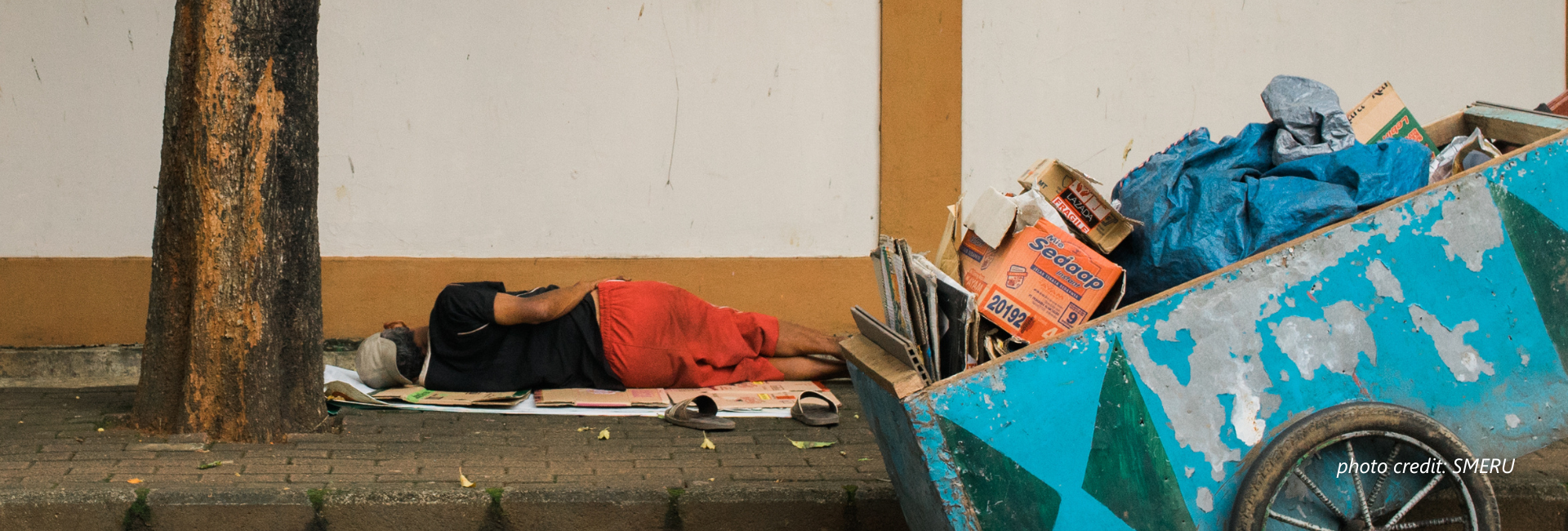This study is the first attempt to systematically examine the impact of bad governance practices in Indonesia on poverty reduction. Indonesia is a country that has endured bad governance for a long period, but has also sustained significant poverty reduction. Prior to the onset of the economic crisis in mid 1997, the problem of bad governance in Indonesia was apparent but mostly ignored because it was compensated for by high economic growth. The advent of the economic crisis, however, has highlighted the seriousness of the problem. This study focuses on the impact of bad governance on the poor, the people who are most vulnerable to the impact of bad governance. By assembling scattered anecdotal evidence on how past and current practices of bad governance in Indonesia have hurt the poor, this study shows that the adverse impact of bad governance on the poor is real, systematically affects many people, and undermines the efforts to reduce poverty in the country. More systematic evidence on how bad governance affects poverty reduction indicates that regions that practice better governance indeed experience faster poverty reduction and vice versa.



